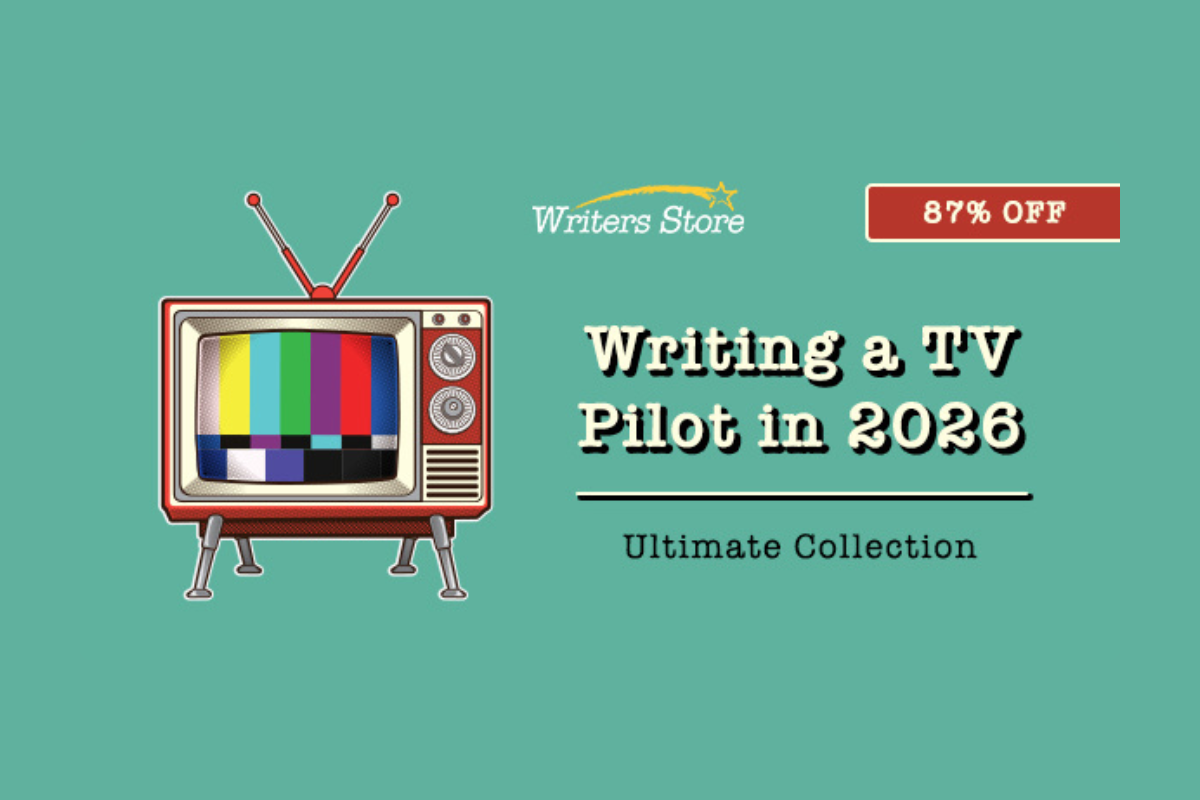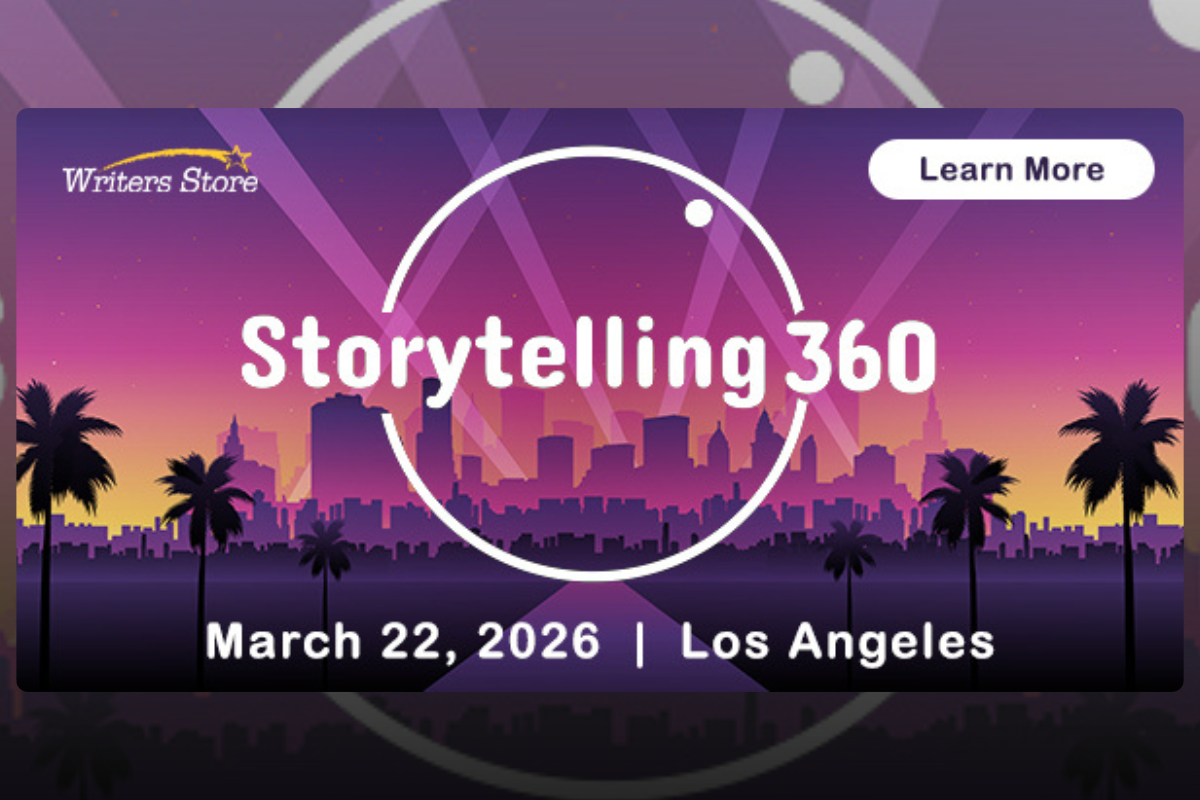WRITERS ON WRITING: David Kajganich – Screenwriter of ‘A Bigger Splash’
Script interviews David Kajganich, screenwriter of ‘A Bigger Splash’ about writing the film and all things screenwriting.
Denny Schnulo began his writing career at age eleven with the release of his first collection of poems to the kids on the school playground. Believing that first hand reports are always best, he spent his early adult years living and working throughout the world. His writing today is informed by people he met and things they did together. Follow Denny on Twitter: @DennySchnulo
Screenwriter David Kajganich came to filmmaking from a background in literature, having first trained as a fiction writer at the prestigious Iowa Writers Workshop. Since beginning his career as a screenwriter, he has written projects for nearly every major studio. A Bigger Splash, his newest release, hit the theatres on May 13th. Script took the opportunity to talk with Mr. Kajganich about the film and writing screenplays in general.
In A BIGGER SPLASH, rock legend Marianne Lane (Tilda Swinton) is recuperating on the volcanic island of Pantelleria with her partner Paul (Matthias Schoenaerts) when iconoclast record producer and old flame Harry (Ralph Fiennes) unexpectedly arrives with his daughter Penelope (Dakota Johnson) and interrupts their holiday, bringing with him an A-bomb blast of nostalgia from which there can be no rescue. A BIGGER SPLASH is a sensuous portrait of desire, jealousy and rock and roll, under the Mediterranean sun.
Script: Like most of the films you've written there's some serious big names in A Bigger Splash. Understanding that it's the script in total that attracts such top-drawer talent, what aspect do you think is most important?
David Kajganich: I have so much respect for the work actors do. You only need to see the effort a great actor puts into fully inhabiting a role once to feel doubly responsible to try to write characters that merit that level of attention.
Certain projects are interesting in that they can be written almost entirely out of character, where nothing happens that isn't tied to a choice a character is making. Choices reveal need. They reveal desire. If you can limit the amount of exposition in a script, and allow character action to be the engine moving the story forward, you give the actors more room to play. They can then triangulate off of one another in an ambiguous space where the characters' choices are clear, but their motivations are not. And if you can achieve that, character and plot become the same thing, really.
I tried to hew to this kind of storytelling as much as possible with A Bigger Splash, to the point where something as simple as ordering a daiquiri in our film becomes a provocative act, and potentially a sinister one -- a character choice that feels innocuous at first, but actually alters the trajectory of every other character around it.
Script: Typically how many projects do you work on simultaneously?
DK: It depends on the nature and status of the projects. I have periods where I'm working solely on one script, and that's best, but typically it's two -- one I'm researching and one I'm drafting. I also tend to take on scripts that are time-intensive and I live with them for long periods, either because they are complicated adaptations or they require a lot of research, which I love to do, but which can take months. Timelines on projects also shift in ways that are hard to predict, especially when a script surprises you by actually going into production. So, although I try to stagger things as best I can, every now and then I have three, even four, active projects all needing work at the same time, and then it's a disaster. You don't sleep. You annoy everyone in your life. And, frankly, jumping in and out of the headspaces of so many different scripts -- which might be set in different time periods, or genres -- is a great way to become a worse writer. So, I try to avoid being in that situation as much as I can.
Script: What were the primary differences in writing a science-fiction script like The Invasion?
DK: Genre projects -- certainly the ones studios are making--have a very specific contract with the audience that a set of defined expectations will be honored, though hopefully in some subversive ways. Audiences have gotten savvier about this, as have writers and directors, so it can be a fantastic game, but it does require a lot of space in a script to set up those turns and pay them off. And there's always the risk that it will be at the expense of the kind of quieter character beats that ground a story and give the audience a means of connecting with the story on an emotional level. So, the goal in a genre film for me is to try to honor those genre expectations inside of characters' arcs, so as to serve both masters simultaneously. But that's exactly why writing good genre is so hard -- you can swerve too far in either direction.
The Invasion ended up suffering on both counts by the end. The original script, which we shot, leaned too far out of action beats into character for Warner Bros. tastes, and it had an ambiguous ending the studio approved, but then doubted. The Wachowskis' rewrite forced in more action, to be sure -- car chases, bodies flying through plate glass, etc. -- but in ways that weren't organically out of the characters' arcs. It's why that film feels like two movies with different priorities badly grafted to one another. It is.
Script: Your films cover the drama, thriller, thriller/horror, mystery, and crime genres. What in your eyes pulls a drama over to thriller, mystery to thriller, or thriller to horror?
DK: Maybe it's as simple as how close over the heads of the characters hangs a believable threat of sudden death. There are certainly exceptions, (I think Todd Haynes' Safe is one of the great horror films of all time, for instance), but that's generally my calculus for it.
Script: Do you have a personal favorite of all your scripts?
DK: The script for A Bigger Splash pushed me in ways I hadn't been pushed since the days I was writing fiction. To pull off what we wanted, the script had to be a very odd mix of character drama, melodrama, and several additional genres you wouldn't normally bring together, including a turn in the third act into what I suppose you'd have to call dark comedy. The script had strong elements of naturalism, but also strong elements formalism, etc. It was a crazy array of notes to hit. Projects this specific and technically interesting don't come along often and I'm fortunate Luca took a chance on me to be the writer to try to pull it off. It's a project that changed how I write. And I know I'll be damn lucky if I have a screenwriting experience that collaborative and transformative again.
Script: Is there a script of yours you want to do over?
DK: You can't look back. That can only end in tears. I stand by all the scripts I've written with pride. I worked hard on them, with full commitment, and in good faith. That said, there are one or two people in the industry I would like to go back and never meet if I could. It would be nice to do some of that over!
Script: Of all your scripts which one inspired the most confidence in you or taught you the most about the craft?
DK: Writing an adaptation of Stephen King's The Stand -- an 1153-page book -- in 140 pages taught me a hell of a lot about the craft. When I signed on to that project, the plan was for it to be two scripts. I outlined it that way, which took months, but once I'd finished the first draft of part one, WB came back and said they'd changed their minds and it needed to be done as a single film. So I had to go to the drawing board and start from zero again. I would never have signed on to do The Stand as one film. I mean that's just nuts. But I found myself in this situation and decided I was too far into it to walk away. So I gave it everything I had, every brain cell and narrative tool I'd ever learned. About six months later I had a one-film version of the project and, though no one will probably ever see it, I couldn't be prouder of it. The characters are all there, and the soul of the experience of reading it for the first time is there. I got myself out of a tough corner with that project and it was a real confidence builder, no question. No question.
Script: What percentage of your paid projects have eventually been made?
DK: To date, I've written fourteen projects for hire and four of them have been made, which is a rate of almost 30%. Objectively, that's a fine number. I do wish most of those films hadn't been pawed by other people's rewrites. If I do the math on the percentage of scripts I've written that have been made into films I'm unconditionally proud to have my name on, that number is a lot lower. That number is around 7%.
Script: Is there an idea or a concept you've been hanging on to for years but just haven't had the chance to develop?
DK: I have plenty of challenges as a writer, but luckily writer's block isn't one of them. But that means since I haven't written a spec since 2003, I do have quite a few ideas I'm hanging onto. I was sure I would have had stretches of unemployment by now to get some of them done, but I grew up in a very blue-collar home and it's hard for me to say no to a good job. So those ideas remain pages of notes in these horrible sky-blue file folders in my office. My plan is to take part of next year off to write two specs to set up to direct, so I'll have a chance to pull out the best of them and go.
Script: How often do you work off someone else's concept versus your own idea?
DK: I write a lot of book adaptations and remakes, which is predominantly what's made in the industry now. Studios find safety in preexisting source material, so I'm often taking other writers' concepts and characters from different forms of storytelling -- novels, memoirs, journalism, etc. -- and trying to decode and reconfigure them for film. I didn't study screenwriting in school, I studied fiction writing, so I have a constitutional reverence for books and how they are put together. But there are limits to how much you can honor the existing structure or rhythms of a book within the demands of a screenplay. You first try to do all of the repurposing you can with what's already on the page, but you invariably reach a point where you have to invent some of the solutions yourself, and sometimes that has to be conceptual. In this, I try to do my work in a way that honors the characters' psychologies and the book's world view as much as possible, so that when the original writer reads or sees the adaptation they feel, hopefully, that I found a way of caring about the same things he or she did while writing the source material, as opposed to feeling I'd brought tone-deaf or brought my own agenda to the project. I've been lucky to adapt the work of really terrific writers, extraordinary writers, and there's a great joy in taking apart a carefully written book sentence by sentence to understand how it was built. You can get glimpses into that writer's way of thinking, his or her way of seeing the world, and it's never less than fascinating.
Script: What’s the most important thing for an aspiring writer to consider whenapproached to take on a project?
DK: Let's take for granted that it's important for writers to be treated fairly as collaborators. Working with assholes and opportunists is bruising and should only be done in situations where there is a clear, strategic benefit to you for putting up with that kind of shit. But apart from that, I'd say it's most important to consider whether a project is about characters you can climb inside, with real curiosity, and zero judgment. Even the most structured genre film ultimately succeeds or fails on the back of how much an audience can invest in its characters, and that absolutely begins with the writer's ability to do so.
Script: Any secret to getting asked?
DK: Build an almost aggressively strong point of view about whatever project is under discussion. Work until you find it and be sure it's sincere. Then don't hesitate to lay it out for execs and producers. Second guessing what a production company or studio wants to hear might get you a job, but it will set you up to fail at it. There's no substitution for a rigorous, deeply felt point of view in this work, and I've seen how having one can turn even the most jaded person in the room into an ally. That's what you're being paid for as a writer -- a strong, informed, even audacious point of view.
Script: How do production companies usually approach writers to develop an idea they feel good about?
DK: Assuming you have representation, if it's a legitimate production company, a producer will reach out to your reps, or your reps will find out about the opportunity and put you up for consideration. Specific projects can also come up in general meetings if a producer begins to feel you may be the right match for the material. If you don't have representation, your access to these opportunities is so much smaller, and you have to be much, much smarter about not being taken advantage of.
- More interviews by Denny Schnulo
- How to Turn a Book Into a Movie
- Writers on Writing: Lucinda Coxon on Theatre, Breaking In and 'The Danish Girl'
Get contact information for film distributors, sales agents, and more,
plus information on state tax incentives and global tax incentives with
Hollywood Producers Directory
Denny Schnulo began his writing career at age eleven with the release of his first collection of poems to the kids on the school playground. Years later as he struggled through the Writers’ strike of 1988 he once again stood tall against the wrath of bullies. Believing that first hand reports are always best, he spent his early adult years living and working throughout the world. His writing today is informed by the real people he met and things they did together. Denny and his family live in Chandler Arizona, where the heat forces him into his den to write. Follow Denny on Twitter: @DennySchnulo







